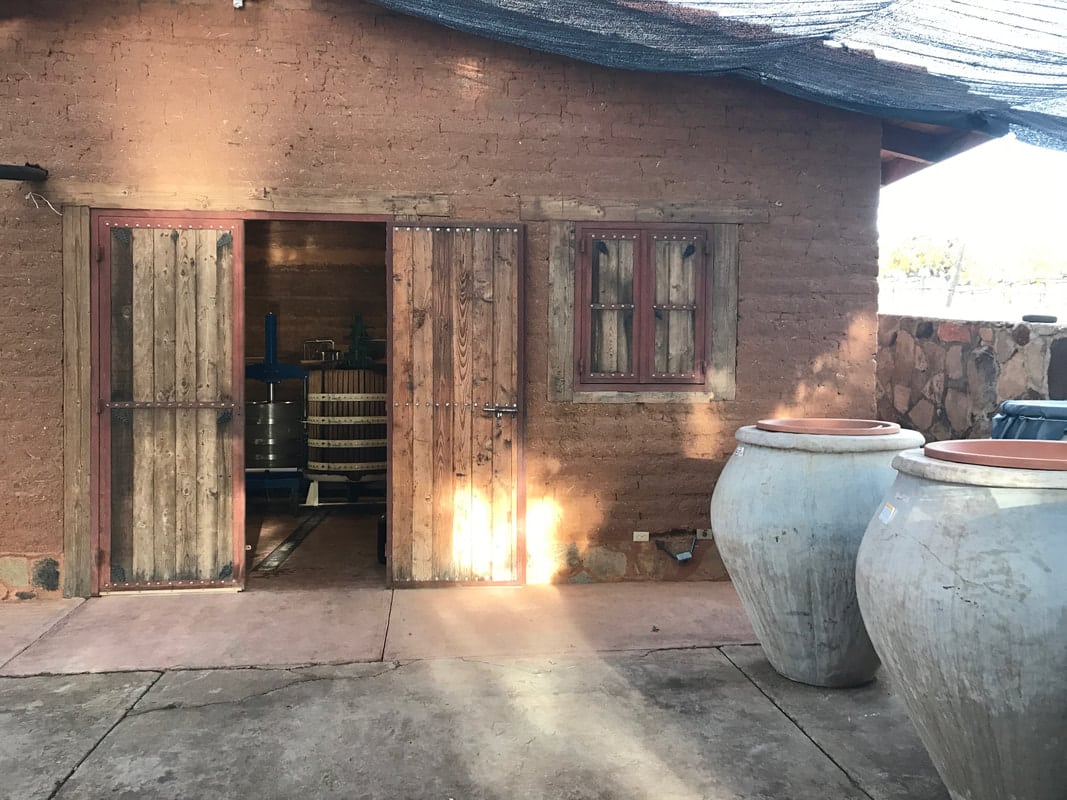Bichi
Some of the most authentic and delicious wines are born from the least expected places and most unlikely collaborations. In the rugged mountains of Mexico’s Baja California Norte, Bichi has put together one of the most exciting projects in the world of wine.
Spanish conquistadores first planted vines in Coahuila in the late 1500’s, pre-dating vine growing in both Chile and Argentina. The region was so well-suited and successful, that the Spanish Crown ordered production halted in fear of New World wine becoming more popular than their Iberian producers. Many Spanish Jesuit missionaries refused to stop, and continued to plant the Misión grape in Baja & Alta California, and by 1791 had re-established production on their own terms. Today, about 90% of Mexico’s wine is produced in Valle de Guadalupe, with many of the oldest vineyards centered around Tecate close to the U.S. border, a place that was of utmost importance for the production of wine during the prohibition of alcohol in the U.S. (1920-1933).
Bichi was founded in 2014 by the Téllez family, who moved to Baja from neighboring Sonora, hence the name Bichi, which means “naked” in the Sonoran Yaqui dialect. They bottled their first vintage that same year, and directly afterward Chilean natural wine trailblazer Louis-Antoine Luyt started collaborating with the Téllez family. Originally from Burgundy, Luyt worked in notable wineries in France before relocating to Chile in 1998, where he is now known for his work with the under-appreciated País grape, which so happens to be the same Misión grape that is found in Tecate. Louis-Antoine convinced Noel to seek out heirloom plantings of Misión, as he had done in Chile, and produce “vinos sin maquillaje” (wines without makeup) from them. Louis-Antoine worked with Bichi until 2017, and Noel is now sole owner, operating the winery with the assistance of Beaujolais-trained Yann Rohel. From finding these almost forgotten heritage vineyards, to day-to-day relationships with local farmers and fabrication of their concrete tinajas, Noel has brought Bichi Wines into the upper echelons of natural Mexican winegrowing.
While Valle de Guadalupe has overall adopted a more technological and modern approach, Bichi adheres to traditional methods and minimal intervention. Bichi farms 10 hectares of their own Tecate vineyards biodynamically and collaborates with a growing family of organic farmers working vineyard land in Tecate and around San Antonio de las Minas (Valle de Guadalupe). Their work with Misión is notable, but you will also find Rosa del Peru (Moscatel Negro), Tempranillo, and in the case of the No Sapiens vineyard a mysterious grape variety that remains unidentified (possibly Carignan from the Spain, or possibly Dolcetto from plantings brought over from Italy in the 1940’s). In the winery, grapes are destemmed by hand and gently trodden by foot, and fermentations are carried out by wild yeast in locally-made concrete amphorae. The wines are raised in a mix of neutral barrels and steel vats, with a minuscule 10 ppm of sulfur added at bottling to preserve the wine for travel, if needed.
It’s hard not to talk about Bichi without mentioning the labels, which are uniquely Mexican and represent the Téllez family’s whimsical sense of humor. Inside the bottles are incredibly vibrant and transparent wines that evoke the nearby Pacific Ocean, the granite soils, and rugged mountain vineyards of their region. Through the persistent work of the family and their farmers and collaborators, lively Baja wine is officially on the map.

